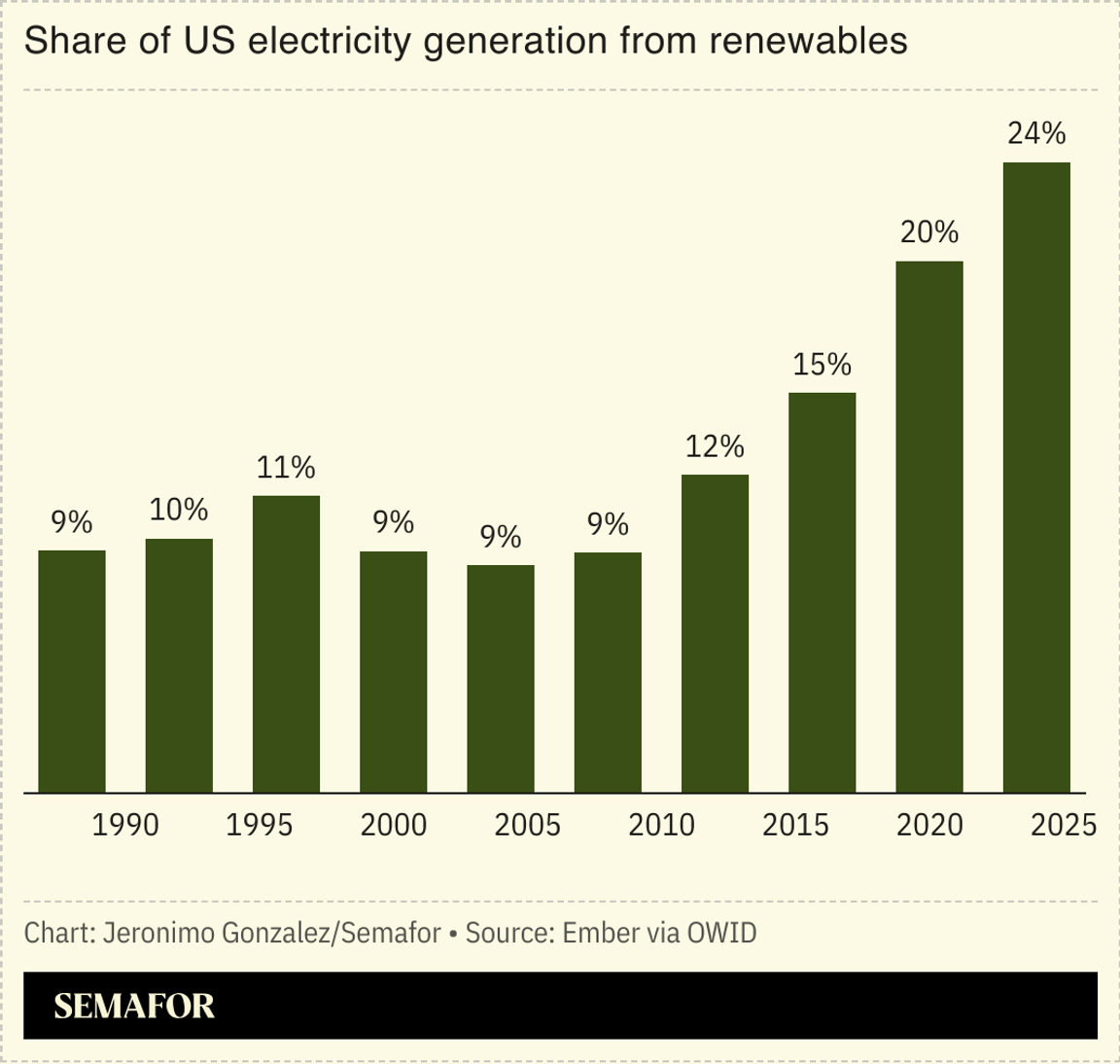 Republican efforts to eliminate many clean-energy tax credits are facing opposition, including from the party’s own members, in the Senate. The House of Representatives narrowly passed a spending program that largely guts the Inflation Reduction Act credits for solar, wind, and hydrogen power, as well as incentives for the purchase of electric vehicles and other programs. But trade groups and activists have pushed senators to reconsider the plan, arguing that the cuts will hit jobs at a time of economic uncertainty and potentially raise energy prices for consumers: Two groups this week launched major advertising campaigns targeting Republican lawmakers in an effort to preserve the tax credits. The GOP maintains a relatively narrow majority in the Senate, and three of its members in the chamber warned in April against a “full-scale repeal” of the credits. “I think it’s really important that Senate Republicans… look at this not from the standpoint of ‘it’s in the IRA, therefore it’s bad,’ but rather what is in the country’s best interest and what is the best tax policy and make good, thoughtful decisions,” one told NPR. |